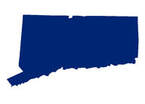- Membership Resources
- State Chapters
- Education/Events
-
Advocacy/Policy
- Home Care Workforce Crisis: An Industry Report and Call to Action
- Advocacy Fund
- State of Home Care: Industry at Crossroads
- Home Care Workforce Action Alliance
- Caring for Seniors: Value of Home Care
- Home Care by the Numbers
- Issues & Positions
- Legislative Action Network
- State Legislation Tracker
- Federal Legislation Tracker
- 2024 National Advocacy Day
- About HCAOA
- Find a Job
 On Wednesday, June 9, the 2021 regular legislative session of the General Assembly adjourned, shortly after lawmakers adopted a two-year $46.3 billion state budget and annual capital program. Less than a week later, lawmakers reconvened for a special session to implement the budget and legalize the use of marijuana. The Connecticut Chapter, led by Mark McGoldrick, owner of Comfort Keepers, was successful overall in advocating for the public policy priorities of HCA owners and speaking on behalf of the industry in Connecticut. This despite significant obstacles, including a more labor-friendly legislature and the Capitol and Legislative Office Building remaining closed to the pubic including lobbyists due to the pandemic. These new factors presented challenges for advocates and limited the ability of organizations and individual members to voice support or opposition to policies under consideration.
The legislative committee met periodically to deliberate on legislation and public policy and develop strategy. Many members expressed their support via Zoom and email to policymakers for HCAs and the value of home care, caregivers, and protecting elderly clients, small businesses and the economy. They advocated for the industry or expressed their concerns about legislation and public policy that would harm home care by testifying, contacting or meeting with their lawmakers, including in the annual Care at Home Day at the Capitol held virtually, and participating in several grass roots initiatives. Member participation and support directly helps the industry remain competitive in the state. This is a brief report covering several HCAOA Connecticut priorities for legislation and public policy in the recent session. For a more detailed report and discussion with fellow members, attend next month’s Chapter meeting. Protecting home care agencies and consumers. Legislation supported by the Chapter will expand background checks of caregivers and provide greater assurance of the identity of persons placed in homes, protect consumers, and provide safety for elderly clients. Public Act 21-37 allows HCAs to obtain insurance policies to cover employee theft; requires HCAs to conduct a national background check that meets certain requirements; and specifies conditions that make an individual ineligible for employment. Many members testified against the original bill, which would have required costly, redundant and time-consuming state and national criminal history records checks, including fingerprinting, and limited how agencies can advertise their services to clients. HCAOA Connecticut vigorously opposed those provisions and, after meeting with key lawmakers and officials from the Department of Consumer Protection, they were removed from the bill. Effective January 1, 2022, the new law will require comprehensive background checks conducted by an accredited, pre-employment background screening services company that includes a search of an online federal database, and preclude agencies from employing caregivers who have committed specific crimes. Increasing Medicaid reimbursement rates. HCAOA Connecticut unexpectedly fell short on its request for sufficient funding in the state budget to reimburse home care agencies participating in Medicaid programs. In his budget, the Governor didn’t propose any additional Medicaid funding for home care. The Chapter advocated a nine percent increase in reimbursement to help agencies maintain current services and keep pace with ever-increasing costs. In testimony and meetings with lawmakers, the Chapter argued that sufficient funding is necessary to help offset recent cost increases for agencies, including minimum wage, extraordinary COVID-19 pandemic-related expenses, transportation and inflation. The Appropriations Committee recommended $10 million for home and community-based services. Despite a strong grass roots advocacy effort, including leading an industry coalition letter to the Governor and legislative leaders, the budget included only a modest one percent increase. Key lawmakers and officials have, however, indicated that federal American Rescue Plan Act funding will be used to support HCBS. The state Department of Social Services is currently deciding how federal Medicaid funds will be spent. (The Chapter provided guidance to the department.) A special session to determine how the funds will be spent may convene in the coming months. Meantime, a grass roots advocacy initiative and education of lawmakers and officials continue and are ongoing. Authorizing limited nonsolicitation agreements. The Chapter sought to clarify a recent ban on noncompete agreements in home care by authorizing nonsolicitation agreements. Two bills provided a narrow exception to the law that would have allowed agency owners to enforce agreements that are customary in the industry for a limited period of time in order to protect consumers, employees and small businesses. In public hearing testimony and numerous meetings with lawmakers, members argued that workers trained by a company to work for a specific individual can convert consumers into private clients or take clients to a different agency. This puts agencies at risk of losing their business to the very people they hired and trained to care for their clients. Such nonsolicitation agreements are not banned for any other industry. Strong opposition from the Department of Social Services and key lawmakers presented significant obstacles to overcome. A proposed amendment that would have clarified the law was not adopted.
0 Comments
Leave a Reply. |
Archives
July 2024
Categories
All
Upcoming Events |
|
Phone: 202-519-2960 | 444 N. Capitol Street NW, Suite 428 | Washington, DC 20001
[email protected] | sitemap © 2024 Home Care Association of America. All Rights Reserved. | Privacy Policy | Refund Policy |
|

 RSS Feed
RSS Feed
